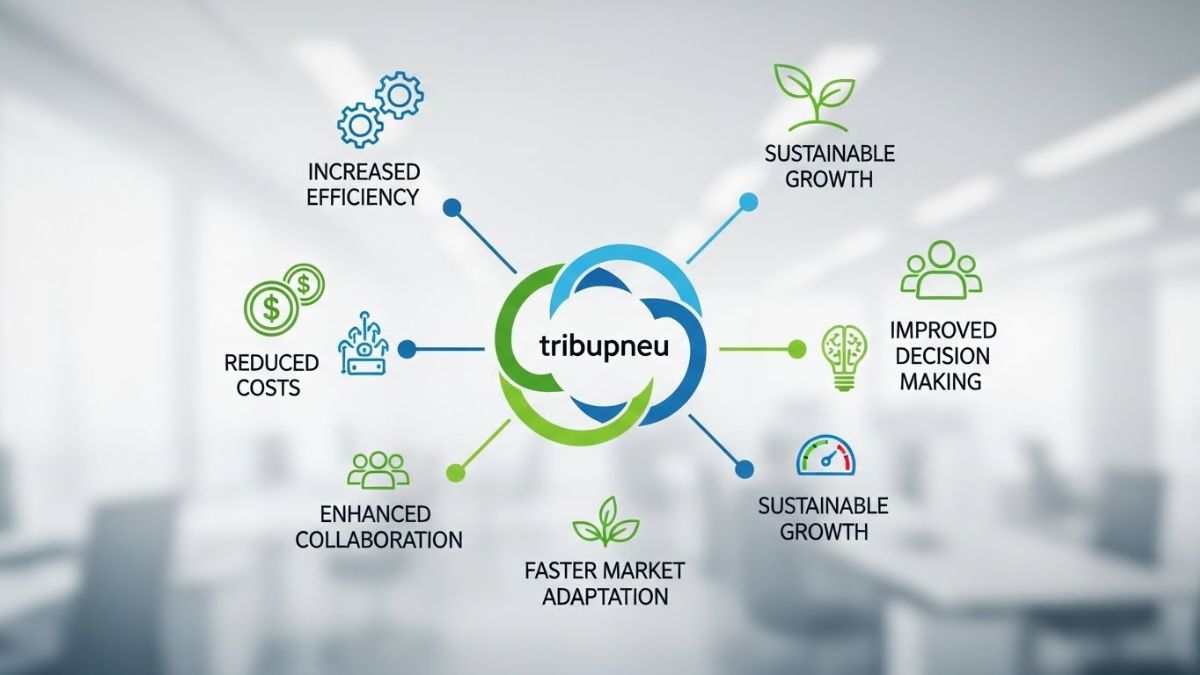Technology developments occur at an astonishing rate, and the coming of age of new devices has resulted in a rapid Increase of e-waste use worldwide. As reported by the Global E-waste Monitor, global e-waste generation exceeded 53 million metric tons in 2019 and is forecast to increase sharply. Unfortunately, only a fraction of this e-waste-17%- is processed in an environmentally responsible way for re-use and the remainder may be illegally landfilled or incinerated.
In communities such as Pickering where technology adoption is already very advanced, the need for easy to use and convenient recycling programmes is paramount. Services, such as e-recycling in Pickering, for instance, not only solve environmental issues but give the community a viable option for e-waste management in a way that is environmentally sound.
Delving into the Advantages of Recycling Electronics
Environmental Sustainability
However, if electronics are dumped in landfills they do not and cannot simply decompose like typical organic garbage. Instead, they release toxic substances into the environment. For example, lead emitted from old televisions, or cadmium emitted from expendable batteries, can soil and water sources. Recycling of such materials guarantees the safe reuse of the hazardous components without leaving it in the environment.
Efficient Resource Recovery
Wearables are almost always viewed as trash but in reality they represent (treasure) boxes of valuable materials. A simple smart phone is composed of precious metals (gold, silver), and the most industrially used materials (copper, aluminum, and rare earth elements). Recycling makes them back and thus also there is a reduction in mining requirement, which are costly and environmentally damaging.
Energy Conservation
Designing novel devices ex nihilo from virgin materials is far more energy intensive than by recycling them. For example, recycling aluminum saves about 95% of the energy needed to produce it from bauxite ore. By choosing to recycle, you’re helping reduce the energy footprint of electronics production.
Job Creation and Economic Growth
Recycling plants are more productive than “green shoots,” they are the engines of local employment. Programs such as Pickering electronic recycling provide employees in the fields of technicians, transporters, and e-waste processors. This will lead to growth and sustainability of local economies and green industry.
Responsible Data Disposal
Worsens for individuals or corporations, concerns about data on hard drives and other obsolete devices will bar recycling. Certified, recycled services, such as those offered by eCycle Solutions, can ensure that the data is reliably, securely wiped or destroyed during the recycling course, providing the end user with a sense of relief.
The Process of Recycling Electronics
E-waste recycling, in general consists of a sequence of subprocesses:.
- Collection
they are assembled at an assigned drop-off collection site, community collection location, or in partnership with local recycling facilities in Pickering. - Sorting and Testing
Following the collection phase, the devices are then categorized between items that can be reused (functional devices) and items which have to be broken down/disassembled (not-functional devices) in order to extract material. - Dismantling
Piecewise discarded devices are disassembled into its constituent parts, i.e., circuit boards, plastics, metals, and glass. - Shredding and Separation
after demounting, components are destroyed and the components are divided based on highly complex way, like by magnetic separation (to remove metal parts) or water separation (to remove plastic articles). - Material Recovery
Recovered materials are subjected to further processing to be input in the production process of new products.
By learning this process, individuals can at least understand its complexity and value, and thus making it more important.
How to Get Started with Electronic Recycling in Pickering
Residents of Pickering can access consistent recycling facilities with ease through electronic recycling in Pickering programs. Organizations like eCycle Solutions offer user-friendly options, including:
- Drop-Off Locations: Hand your obsolete devices to service points for recycling.
- Corporate Recycling Programs: Businesses can arrange bulk recycling pickups for obsolete IT equipment.
- Community Drives: Some towns, for instance, Pickering, and the corresponding municipalities, as a rule, encourage residents to participate in events promoting easy recycling of the former electronic equipment.
These services are designed to be easy-going, and thus responsible e-waste disposal and environmental sustainability.
Why Choose eCycle Solutions?
ECycle Solutions is an electronic recycling authority in Canada, recognized for environmentally sound solutions. Here’s what sets them apart:
- Certified Processes: ECycle Solutions complies with the highest environmental quality standard, which is the safe management of potentially polluting materials.
- Data Security: They offer secure, complete data erasure, guaranteeing your data is not subject to misappropriate access.
- Comprehensive Coverage: Both for personal use or for business, they offer bespoke solutions to a range of recycling requirements.
Learn more about their services at eCycle Solutions and discover the right recycling solution for you.
Conclusion
Recycling electronics is not just a responsibility—it’s an opportunity. It serves not only to preserve nature but also to provide resource and build a sustainable tomorrow. In Pickering, individuals and businesses, for example, use electronic recycling in Pickering as a highly useful (that is, more effective) means of making a valuable contribution.
Start your journey toward sustainability today. Visit eCycle Solutions and get the best way to recycle your old electronics so you don’t have to worry. Together, we can build a cleaner, greener tomorrow.















